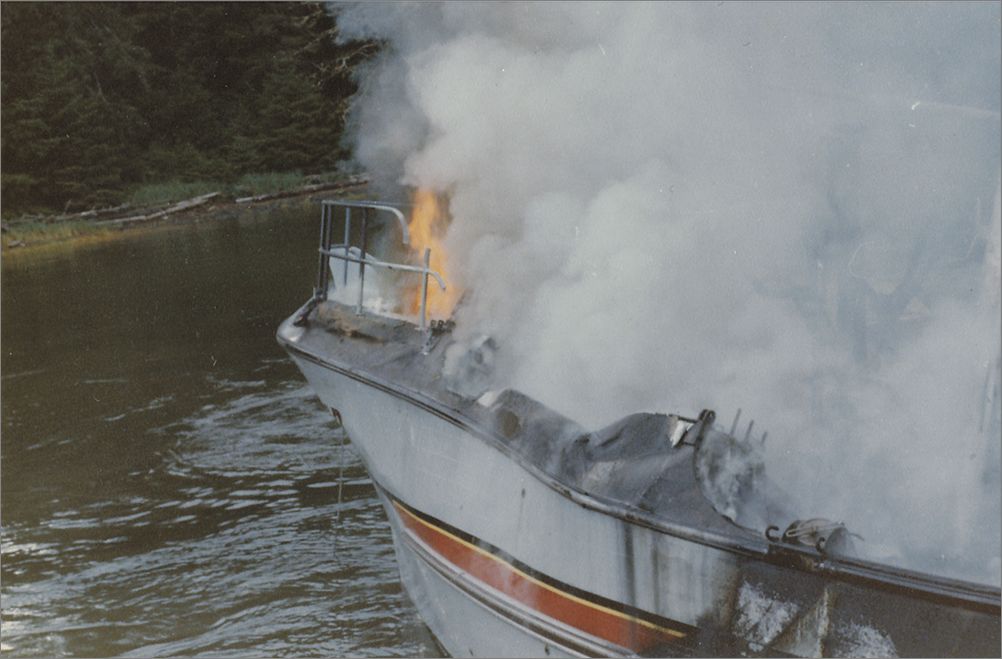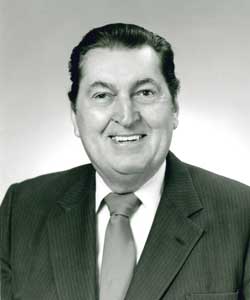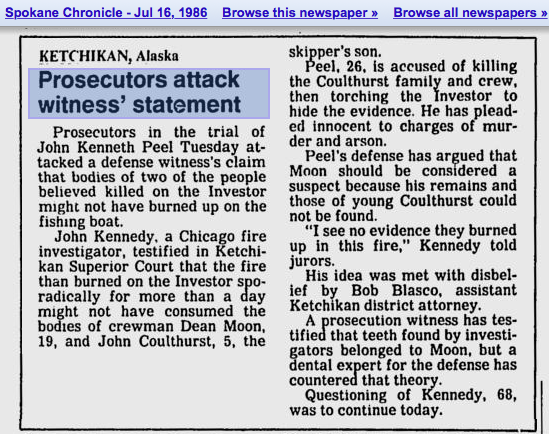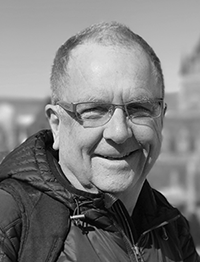The defense’s next expert, meanwhile, openly contradicted the prosecution’s arson investigator. Prosecution expert Barker Davie had opined that the Investor arsonist used regular as well as white gas. Defense expert John A. Kennedy declared otherwise.
“My opinion is, if there was any pump gas there, it would’ve been found,” Kennedy proclaimed. He also testified that he didn’t believe four-year-old John Coulthurst was completely destroyed by the fire.
Kennedy applied the same assessment to Dean Moon. “Neither one would’ve been totally consumed by a fire of that nature,” he asserted.

But the arson expert had problems of his own. Prosecutors accused him of bilking Chubb and Son by submitting invoices for work he hadn’t done. In a hearing before Judge Schulz, the man conceded he had kept $50,000 for two years, even though he hadn’t conducted any fire investigations.
False Reports?
In court papers filed in the fraud case, he denied creating false reports. The man told Judge Schulz that he didn’t believe he committed fraud when he kept the money from the insurance company. Kennedy asserted it was common practice for insurance companies to briefly retain a fire investigator to prevent them from testifying for the opposition.

Fire & Explosion Investigator
Judge Schulz ruled that the witness’ involvement in the fraud case lacked probative value. He said the prosecution hadn’t proven that the man’s reputation was questionable or that he had a bias against prosecutors. Schulz’s ruling also expressed concern that questions on the issue would further extend the already seven-month-long trial.
Schulz didn’t let the defense expert get off unscathed, however.
Handcuffed
In testimony before Phillip Weidner, the 68-year-old fire investigator had insisted that money was not central to his decision to take a case. He claimed he had rejected a number of high-profile fire investigations, including one handled by celebrity attorney F. Lee Bailey. With some pride, he added that he had taken the Peel case for a fee much less than his normal $150-per-hour rate.

Schulz said prosecutors could briefly question the man about why he kept money for two years, even though he had never performed any work. Such evidence, Schulz said, “flies in the face” of his assertions that money didn’t matter.
The prosecution, complaining that the judge’s ruling had “handcuffed” them, said they now wouldn’t bring up the subject of fraud. Schulz’s restrictions, they said, made it impossible to accurately explain their accusations.
Excerpts from the unpublished original manuscript, “Sailor Take Warning,” by Leland E. Hale. That manuscript, started in 1992 and based on court records from the Alaska State Archive, served as the basis for “What Happened in Craig.”
Copyright Leland E. Hale (2020). All rights reserved.

Order “What Happened In Craig,” HERE and HERE. True crime from Epicenter Press.